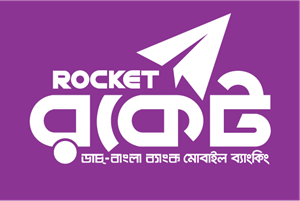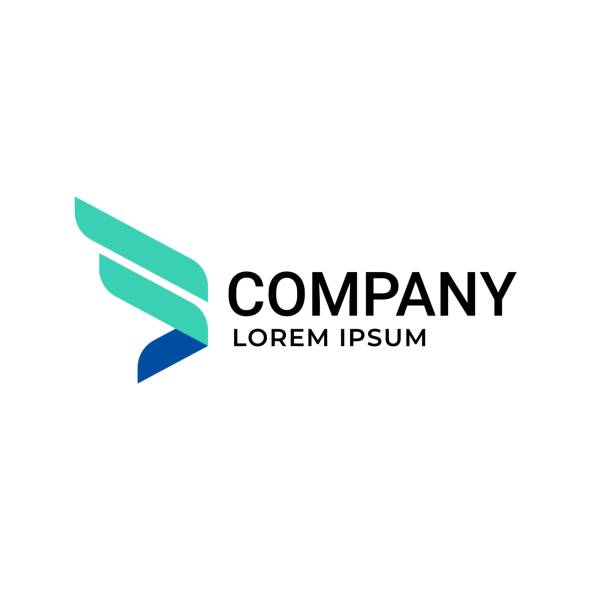Subtotal:
2,600.00৳

M Logo: Designing an Impactful Brand Identity
Outline:
- Introduction
- The Importance of Brand Identity
- What Is an M Logo?
- Elements of an Effective M Logo
- Simplicity and Memorability
- Uniqueness and Originality
- Relevance and Connection
- Design Considerations for an M Logo
- Color Palette
- Typography
- Shape and Form
- Examples of Iconic M Logos
- McDonald’s
- Microsoft
- Mercedes-Benz
- Steps to Create an M Logo
- Research and Conceptualization
- Sketching and Iteration
- Digital Design and Refinement
- The Impact of an M Logo on Brand Perception
- Conclusion
- FAQs
Article:
M Logo: Designing an Impactful Brand Identity
In today’s highly competitive business landscape, establishing a strong brand identity is paramount for companies looking to differentiate themselves and leave a lasting impression on their target audience. A well-designed logo serves as the cornerstone of a brand’s visual identity, and the letter “M” has proven to be an iconic symbol in various industries. In this article, we will explore the concept of an M logo, its significance in branding, and the key considerations for creating a compelling M logo.
The Importance of Brand Identity
A brand identity encompasses the visual and verbal elements that communicate a company’s values, personality, and purpose to its audience. It plays a vital role in attracting customers, building trust, and fostering brand loyalty. An effective brand identity helps businesses stand out in a crowded marketplace and establishes a strong connection with consumers. The logo, as the most recognizable and memorable aspect of a brand, holds immense power in shaping perceptions and creating brand associations.
What Is an M Logo?
An M logo is a type of logo design that prominently features the letter “M.” The letter “M” possesses inherent visual appeal and versatility, making it a popular choice for many brands across different industries. The M logo can be designed using various styles, fonts, and visual elements to convey a brand’s unique personality and values.
Elements of an Effective M Logo
To create a successful M logo, certain elements should be considered:
Simplicity and Memorability
An M logo should be simple and easily recognizable at a glance. Its design should be clear and uncluttered, allowing it to make a strong visual impact. A memorable logo helps consumers recall the brand effortlessly, contributing to brand recognition and recall.
Uniqueness and Originality
In a crowded marketplace, standing out is crucial. An M logo should be distinctive and original, setting the brand apart from competitors. It should avoid similarities with existing logos to maintain a unique brand identity.
Relevance and Connection
The M logo should align with the brand’s values, industry, and target audience. It should evoke emotions and create a sense of connection with the brand’s offerings. The logo’s design elements should resonate with the brand’s story, mission, or product/service.
Design Considerations for an M Logo
When designing an M logo, several factors need to be considered to ensure its effectiveness:
Color Palette
Choosing the right color palette is essential as colors evoke specific emotions and associations. The colors used in the M logo should align with the brand’s personality and industry. A harmonious color scheme enhances visual appeal and aids in conveying the desired brand message.
Typography
The choice of typography plays a significant role in the M





































